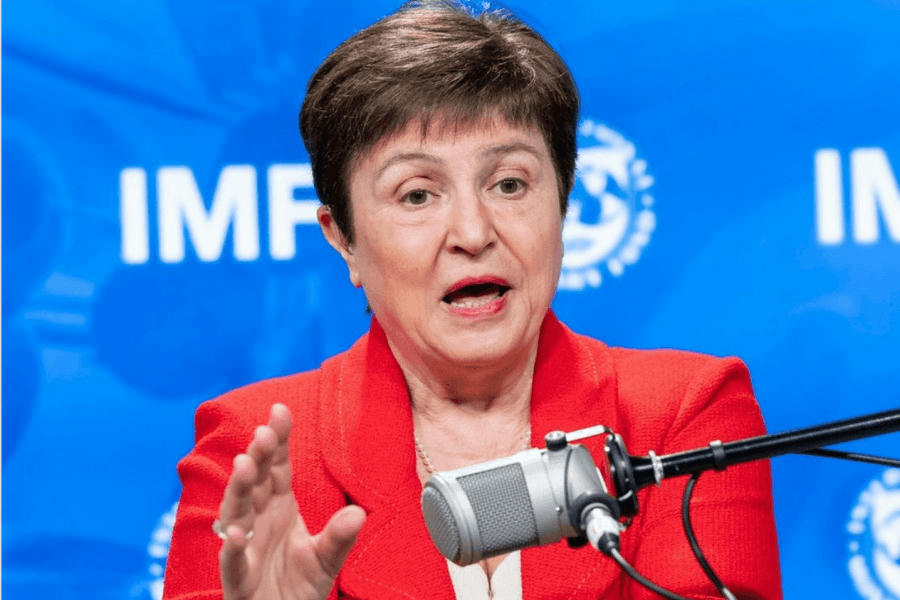
Inflation currently seen in major developed economies is “transitory” and is expected to fall to 2% by mid-2022 in advanced economies. Before that, however, inflation is expected to peak in the final months of this year, the International Monetary Fund (IMF) said today.
According to the new report, central banks around the world should “generally see through” the current high inflation figures and not tighten monetary policy “until there is more clarity on the underlying price dynamics.”
The organization’s recommendation not to react to the current elevated inflation could be good news for hard assets like Bitcoin (BTC), which are expected to thrive in an inflationary environment.
However, the Fund also pointed out that central banks should be prepared to act quickly if inflation turns out to be higher than expected. It made clear that inflation risks are “skewed to the upside,” particularly in the U.S., While inflation dynamics in Japan and the euro area “remain weak.”
“In an environment where inflation is rising while employment rates remain subdued and the risks of anchoring expectations are becoming concrete, monetary policy may need to be tightened to stay ahead of price pressures, even if this delays the recovery in employment,” the IMF said.
Looking at projected growth figures for the world, the IMF said the likelihood of its growth forecast being off “is tilted to the downside,” with lower growth in other words a real risk. For several major industrialized countries, including the U.S., The U.K., Japan, Germany and Canada, the Fund lowered its growth forecast for this year but raised it for 2022.
Among the countries whose growth forecasts were lowered, estimated growth in the U.S. Was cut by a full percentage point to 6%, with “supply constraints” cited as the main reason. Next year’s forecast was raised from 4.9% To 5.2%.
Furthermore, the IMF estimated that gross domestic product (GDP) in advanced economies will return to pre-pandemic levels in 2022. For 2024, the Fund said that this level could even be exceeded by 0.9%.
Finally, the fund, led by Bulgarian economist Kristalina Georgieva, stressed that the current “exaggerated asset valuations” meant that investor sentiment in financial markets could change quickly. The IMF cited negative news about the pandemic, the U.S. Debt ceiling or China’s troubled real estate sector as examples of events that could trigger a shift in sentiment.
